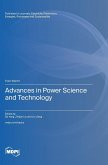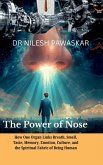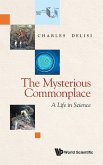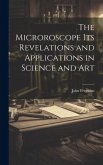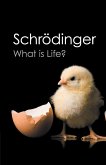The tumultuous life and radical science of a revolutionary thinker, and the history of an idea that changed the world In the early nineteenth century, the French naturalist Jean-Baptiste Lamarck proposed the first evolutionary theory of life and, with it, a new science: biology. Yet for centuries, evolutionary theorists have endeavored to discredit Lamarck and his theory of self-transforming organisms, rejecting the idea that animals play an active role in shaping their own evolution. In his lifetime, he was mocked by his adversaries and personally insulted by Napoleon. In this virtuosic melding of biography, history, politics, and science, Jessica Riskin sets out to correct the record. Riskin tells the story of Lamarck’s life and work as an intense struggle between rival forces to answer questions that remain foundational to our modern worldview: What is a living being, and what is science? New findings suggest Lamarck’s basic claim was, in many ways, right, and a reconsideration of his life and work is long overdue. Denying the agency of living beings has informed two centuries of eugenic policies and environmental destruction, allowing people to regard the living world as so much raw material to shape and exploit for economic, industrial, and imperial gain. Deeply researched, strikingly original, and beautifully written, The Power of Life shines a much-needed light on an underappreciated biologist whose radical ideas offered a more inclusive, collaborative, and enlightened approach to science.
Bitte wählen Sie Ihr Anliegen aus.
Rechnungen
Retourenschein anfordern
Bestellstatus
Storno


